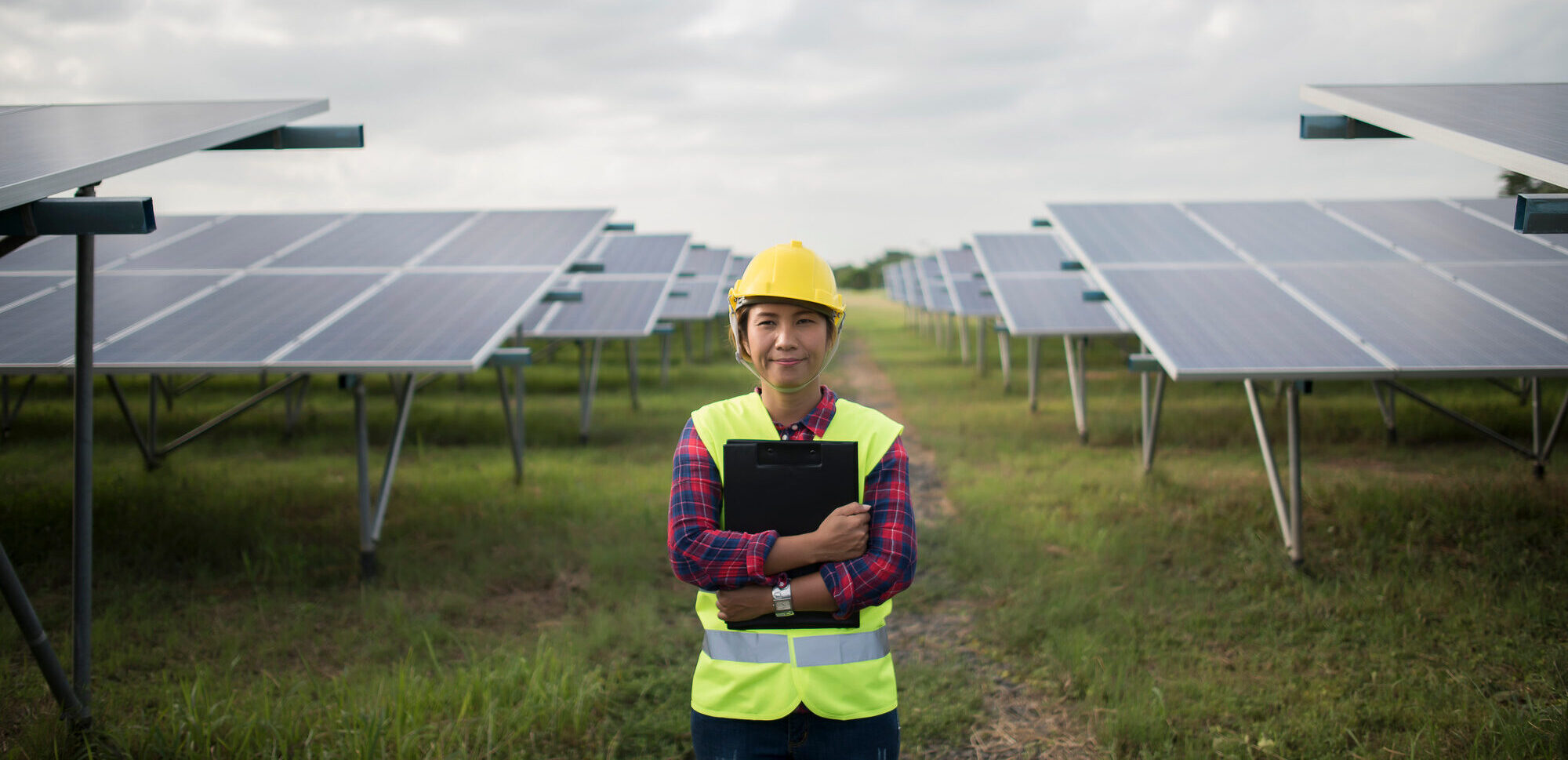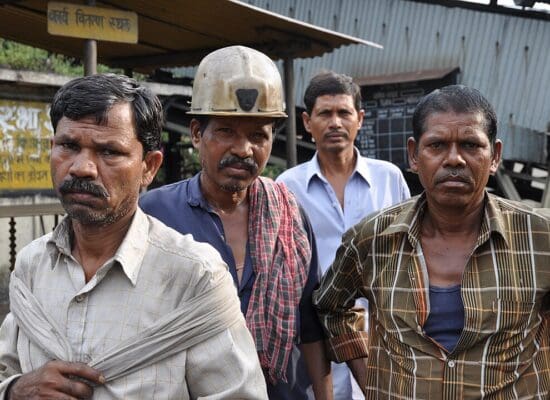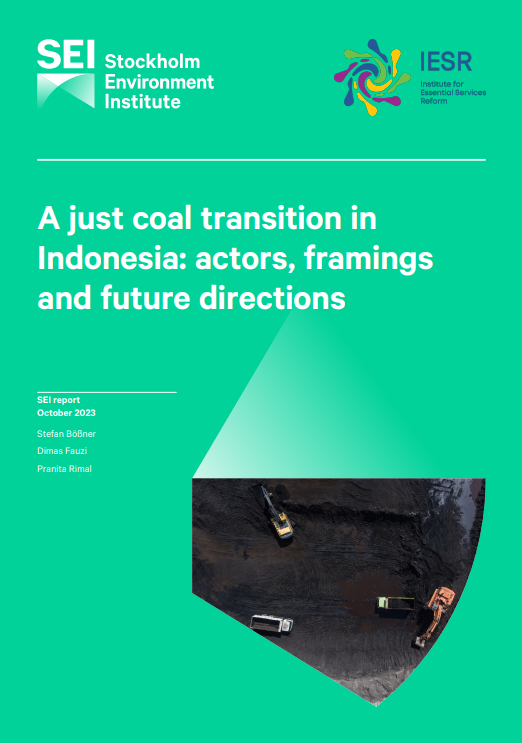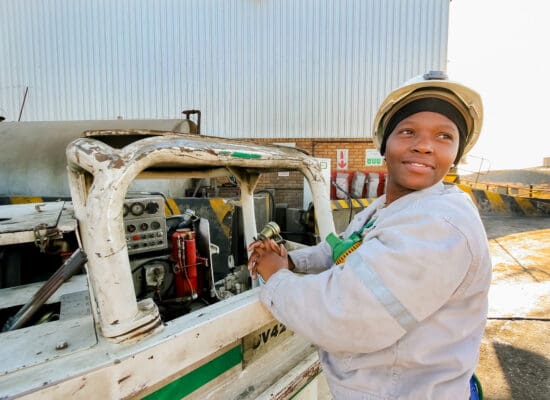
Op-ed
Renewable Energy Must Triple: Time for JETPs to step up their game
As the 2023 UN Climate Change Conference (COP 28) approaches and the leaders debate language, it is imperative that targets are accompanied by means to deliver them in emerging economies.
The 2023 update of the International Energy Agency’s net-zero roadmap concludes that renewable energy must triple between now and 2030. This “tripling” of renewables has become a key part of climate discussions and may well feature in the official text of COP 28. Many countries and regions, such as China, the European Union, and North America, have booming wind and solar industries. However, in other parts of the world, including the Middle East, Central Asia, and many countries in Africa, renewable energy deployment remains stubbornly slow.
If we are to triple renewable energy deployment, it needs to happen everywhere. Among the major innovations of the last few years that aim to drive the energy transition in emerging economies are the Just Energy Transition Partnership (JETP) agreements. The strength of the approach is that it is bilateral, flexible, and can be pragmatic. The agreements have been made by groups of industrialized countries and emerging economies to provide low-cost finance in exchange for a combination of carbon reduction commitments and early coal phase-out plans. The two first agreements were announced for South Africa and Indonesia at COPs 26 and 27, respectively. JETP agreements in Vietnam and Senegal have followed, though they are at an earlier stage.
If we are to triple renewable energy deployment, it needs to happen everywhere.
The process for the agreements so far has been to form a secretariat, develop a plan outlining the investment needs in the energy sector, and then implement the plan. So far, both of these countries have found the process challenging. Three of the biggest obstacles have been securing domestic support to implement the plan, designing procedures that are fair for design and implementation, and securing funding that is sufficiently concessional to bring projects to fruition. All of this has to be done in a package that the international funders believe is sufficiently ambitious to justify their financial support to their domestic audiences. A difficult task.
In Indonesia, capping power sector carbon emissions at 290 million tonnes has been a key plank of the deal. However, the mining sector has long since been given free rein to develop its own captive power projects, many of which are coal powered. New data that better accounts for the role of captive coal has since emerged, which has changed the emissions picture and made the target harder to achieve. There remains a debate between those who wish to leave the mining industry to manage its own operations—after all, nickel production is critical for the broader energy transition—and those who believe that the agreement is undermined by the continued expansion of coal capacity in Indonesia.
In South Africa, the JETP finance is linked to a plan to reform the electricity sector. A transition from a largely publicly owned, if failing, power sector to a privately owned system powered by debt is viewed with some skepticism, despite the context of crippling load shedding. Opposition is driven by various factors, including vested interests, ideological opposition, or simply because the financial terms are not considered sufficiently generous to make the transition affordable. After all, around 90% of the finance is to be provided in the form of debt, much of it at market rates or close to them.
The JETP is particularly beset by challenges; however, given the importance of the task, it must be given every chance to succeed.
This experience has shown that targets, such as the tripling of renewable capacity, will not be achievable in many emerging economies without dedicated bilateral support. And even with this support in place, there remain challenging barriers to overcome. As COP 28 approaches and the leaders debate language, it is imperative that targets are accompanied by means to deliver them in emerging economies. The JETP is particularly beset by challenges; however, given the importance of the task, it must be given every chance to succeed. This will require diplomacy, compromise, and renewed commitment from all sides.
If leaders in emerging economies are to justify the deals in the face of domestic opposition, it is imperative that all involved ensure that the JETP deals are a genuinely good deal for both sides. This may require more generous financing terms and greater flexibility on domestic red lines and sticking points.
Stay Informed and Engaged
Subscribe to the Just Energy Transition in Coal Regions Knowledge Hub Newsletter
Receive updates on just energy transition news, insights, knowledge, and events directly in your inbox.


